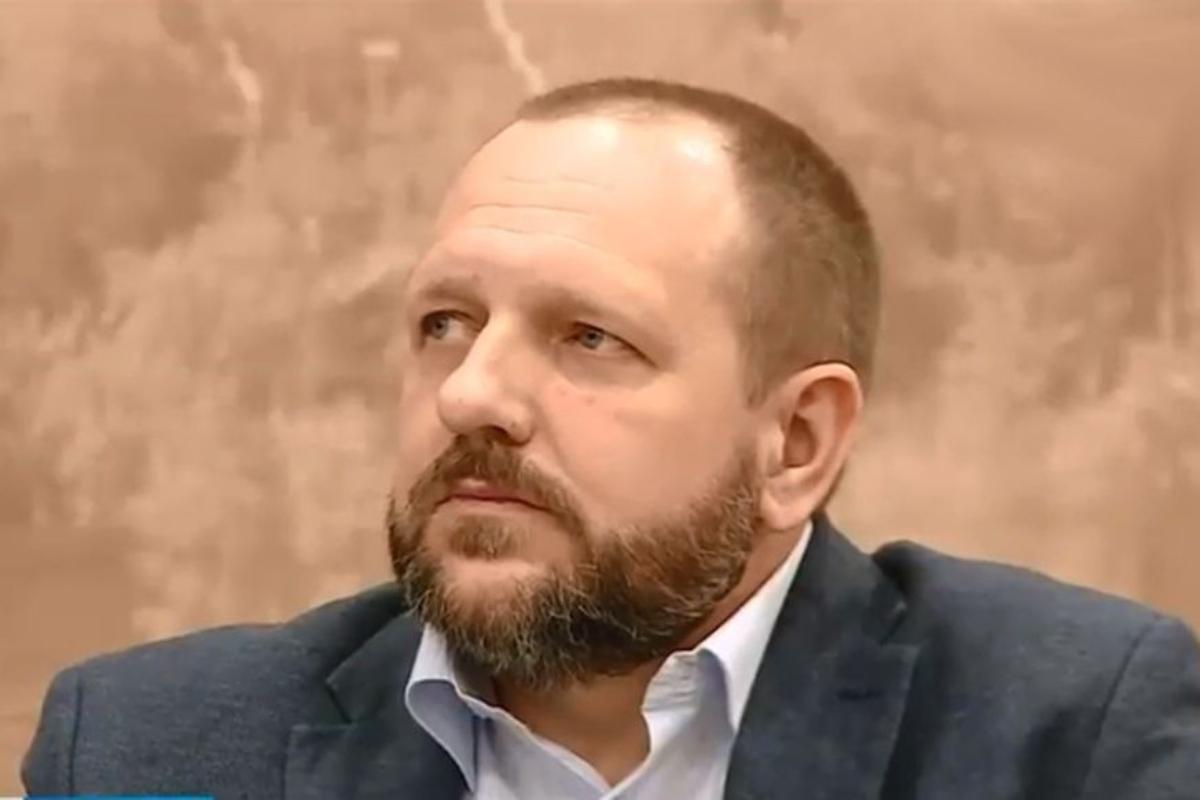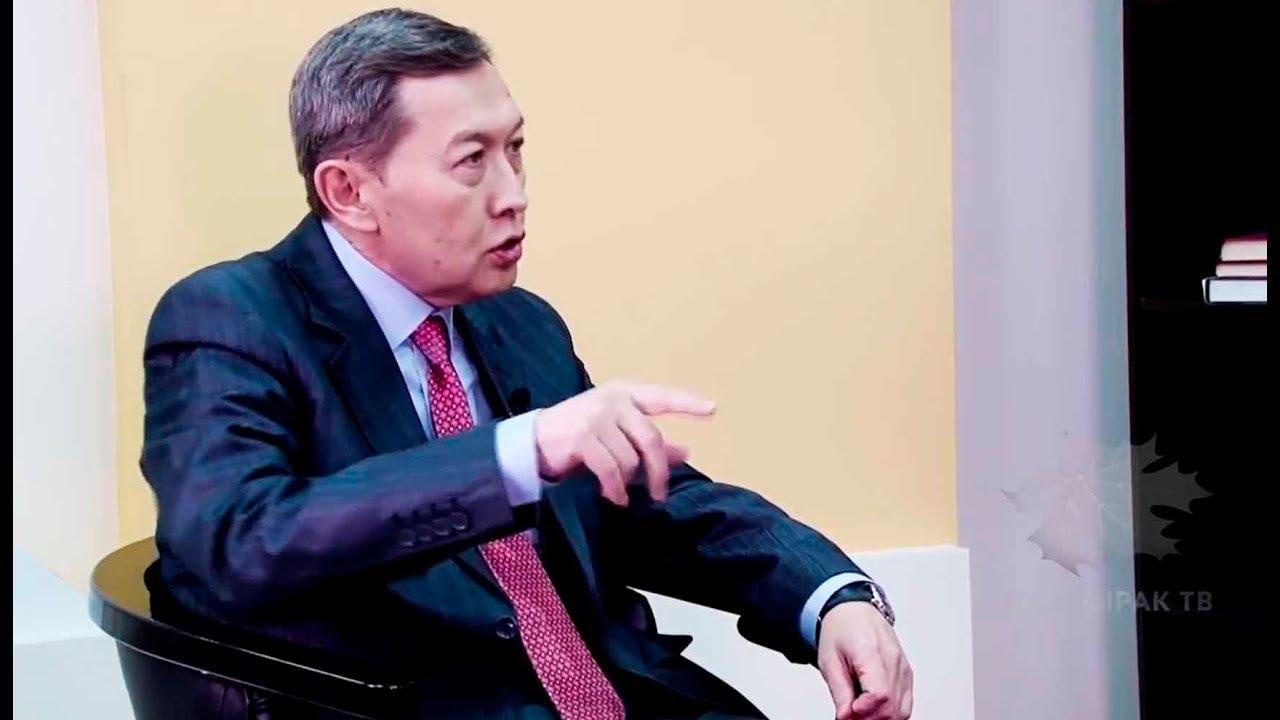Armenia's CSTO withdrawal: A strategic move or political maneuvering? Tug of war between alliances, economic realities
Armenia will not allocate funds to finance the activities of the Collective Security Treaty Organization (CSTO), announced Ani Badalyan, spokesperson for the Foreign Ministry, in response to an inquiry from Factor. "Armenia will abstain from endorsing the CSTO's budget decision for 2024, scheduled for November 23, 2023, and consequently, will not contribute to financing the organization's activities," she stated. Badalyan further mentioned that Yerevan will not oppose the approval of the CSTO budget in a limited capacity. Previously, Armenia had actually frozen its membership in the CSTO, ceasing its participation in the bloc's activities, including joint military exercises.
Subsequently, Pashinyan allowed withdrawal from the CSTO if the organization does not designate the borders of Armenia's sovereign territory, which it is ready to defend. The Russian Foreign Ministry called this statement "ultimatum and insulting rhetoric". Russian President Vladimir Putin noted that Armenia's withdrawal from the CSTO does not meet Yerevan's interests.
What is behind Yerevan's decision to stop funding the organization? Is it possible to assume that all the critical statements and decisions of the Armenian leadership regarding the CSTO over the past years have consistently served one purpose - the collapse of this military bloc, whose behavior there is called treasonous?
Foreign political commentators responded to these questions from Caliber.Az.

Russian political scientist and head of the expert-analytical network PolitRus, Vitaly Arkov, believes that Armenia's withdrawal from the CSTO will not be the reason for the organization's abolition, so all the efforts of Pashinyan's "friends" in Paris, Brussels and Washington are absolutely in vain.
"Several states are currently interested in cooperation with the CSTO, including not excluding joining as a full member. First of all.
Furthermore, the likelihood of Armenia's definitive withdrawal from the CSTO remains highly uncertain. In contemporary Armenian politics, irrespective of the leadership, there is a tendency towards utilizing ultimatums and leveraging for personal gains. We are currently witnessing another manifestation of this trend, where the astute Pashinyan has positioned Armenia's CSTO membership as a bargaining chip in negotiations with both the Kremlin and the West - weighing the offers for its preservation or withdrawal. Yerevan's decision to abstain from financing CSTO activities in 2024 only escalates the stakes in these negotiations. Additionally, it seems improbable that Armenia is utilizing its own funds for this purpose - rather, it likely only allocated a fraction of the loans regularly received from Russia, which are frequently renegotiated and sometimes outright forgiven," stated the expert.
And it seems that Yerevan's blackmail is again reaching its goal – ahead of Nikol Pashinyan's visit to Moscow, it became known that the Eurasian Fund for Stabilization and Development (EFSD) will provide Armenia with a $100 million tranche for the implementation of economic reforms, he noted.
"It is not difficult to calculate that this is a multiple of the amount of Armenia's annual contribution to the CSTO. It is obvious that the economic reforms in Armenia are carried out only on paper, and once again the money allocated by the EFSD will be used to patch the holes of the Armenian budget, which is treated as a personal purse by the Prime Minister’s wife Anna Hakobyan, who has climbed to the top of the Armenian corruption pyramid.
It is noteworthy that Nikol Pashinyan refrains from publicly addressing Armenia's membership in the Eurasian Economic Union (EAEU) in discussions with the Kremlin. This caution likely stems from concerns that his family and close associates wield considerable influence over, or impose a form of corruption tax on, many of the economic initiatives within the EAEU. Any shift in Armenia's stance could potentially jeopardize these ventures and the substantial profits derived from parallel imports/exports facilitated by Armenia's ability to navigate around anti-Russian sanctions.
The Western powers are cognizant of the origins of the capital amassed by the Pashinyan-Hakobyan family, much of which is diverted to accounts primarily in France and Canada. Initially promised immunity, these assets are now under scrutiny, with threats looming to freeze accounts, seize real estate and business holdings linked to Pashinyan, and impose personal sanctions for alleged corruption and involvement in income-generating schemes with Moscow that circumvent sanctions. Consequently, Pashinyan finds himself in a precarious position, grappling with mounting pressure from both Eastern and Western fronts.

Kyrgyz political expert, Doctor of Historical Sciences, Professor Askar Dzhakishev noted in his turn that during the last three decades of the CSTO's existence this military-political organization has experienced various metamorphoses.
"The reason for the establishment of the CSTO was the bloody armed conflict in Tajikistan. The expectation was that it would become the very mechanism for resolving, predominantly by political methods, the emerging conflict situations. However, not all CSTO member states were satisfied with their stay in the organization. For example, Uzbekistan has twice joined and twice left the CSTO. Azerbaijan also left the CSTO, apparently convinced of the futility of resolving the Karabakh problem with the help of the CSTO.
Today Armenia, represented by Pashinyan, dissatisfied with the position of the CSTO, primarily Russia, is purposefully seeking to leave the organization. Armenia sees NATO as an alternative to the CSTO, which creates a new round of tension in the South Caucasus region," Dzhakishev underlined.








